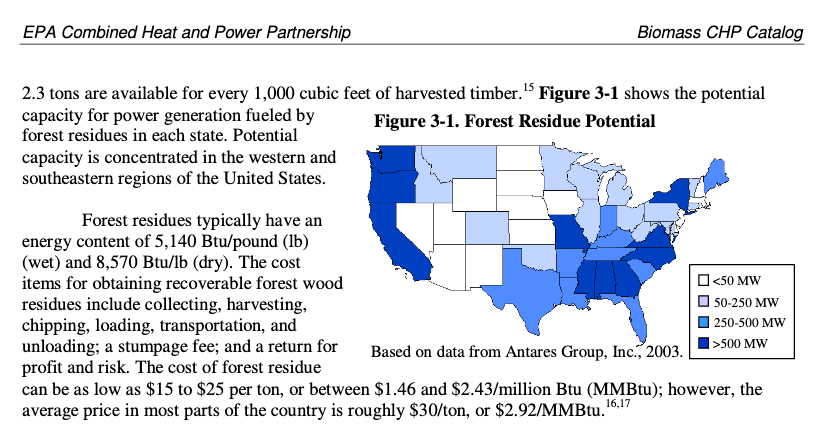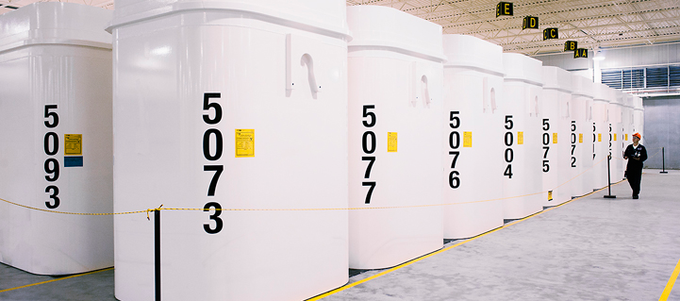I think when we take a look at green energy in whole, it's not nearly at "green" as propontents would have us believe:
- this video I linked above shows us that getting the necessary minerals/metals to the production front in the required quanitities is multiple DECADES away
- biofuels are not anywhere near their promised potential, and are at best neutral in their carbon footprint
- the costs of "green" energy are staggering when applied in a full-approach format
- hazardous byproducts from mining and refining necessary metals is polluting the third-world countries
- hazardous and non-recyclable waste from wind and solar arrays pose a HUGE probelm in the very near future, for which no solution exists yet
I'm a huge fan of going to nuclear reactors for just about any stationary energy consumption system. The power potential is massive and proven safe and reliable. The power density of nuke is fantastic. The waste byproducts are fractionally tiny relative to any other major energy source. Whereas we do need some upgrades to the grid, it's far better than the massive investments required if we go total electric.
For mobile energy consumption, we need to stick with fossil fuels. There are still improvements to be made in the efficiency of ICE, though those are smaller with each decade that passes.
Engines run incredibly clean today; there are major cities which prove this (like LA, Atlanta, etc). There are no more "smog" choked cites in the US; those are concerns of the past. Think of the planet as a massive aircraft carrier; it does not stop nor turn on a dime. It is quite possible that the needed improvements necessary to stem global disaster are already in place, but we cannot see the effects just yet due to the nature of Nature taking it's own sweet time. I'm not saying we should stop looking for solutions. I'm saying that cramming unproven technologies and poorly vetted systems into use are both foolish and wasteful. We should be looking at long term solutions in a "whole effect" view, and not taking snapshots and guessing our way into the future.
- this video I linked above shows us that getting the necessary minerals/metals to the production front in the required quanitities is multiple DECADES away
- biofuels are not anywhere near their promised potential, and are at best neutral in their carbon footprint
- the costs of "green" energy are staggering when applied in a full-approach format
- hazardous byproducts from mining and refining necessary metals is polluting the third-world countries
- hazardous and non-recyclable waste from wind and solar arrays pose a HUGE probelm in the very near future, for which no solution exists yet
I'm a huge fan of going to nuclear reactors for just about any stationary energy consumption system. The power potential is massive and proven safe and reliable. The power density of nuke is fantastic. The waste byproducts are fractionally tiny relative to any other major energy source. Whereas we do need some upgrades to the grid, it's far better than the massive investments required if we go total electric.
For mobile energy consumption, we need to stick with fossil fuels. There are still improvements to be made in the efficiency of ICE, though those are smaller with each decade that passes.
Engines run incredibly clean today; there are major cities which prove this (like LA, Atlanta, etc). There are no more "smog" choked cites in the US; those are concerns of the past. Think of the planet as a massive aircraft carrier; it does not stop nor turn on a dime. It is quite possible that the needed improvements necessary to stem global disaster are already in place, but we cannot see the effects just yet due to the nature of Nature taking it's own sweet time. I'm not saying we should stop looking for solutions. I'm saying that cramming unproven technologies and poorly vetted systems into use are both foolish and wasteful. We should be looking at long term solutions in a "whole effect" view, and not taking snapshots and guessing our way into the future.
Last edited:





